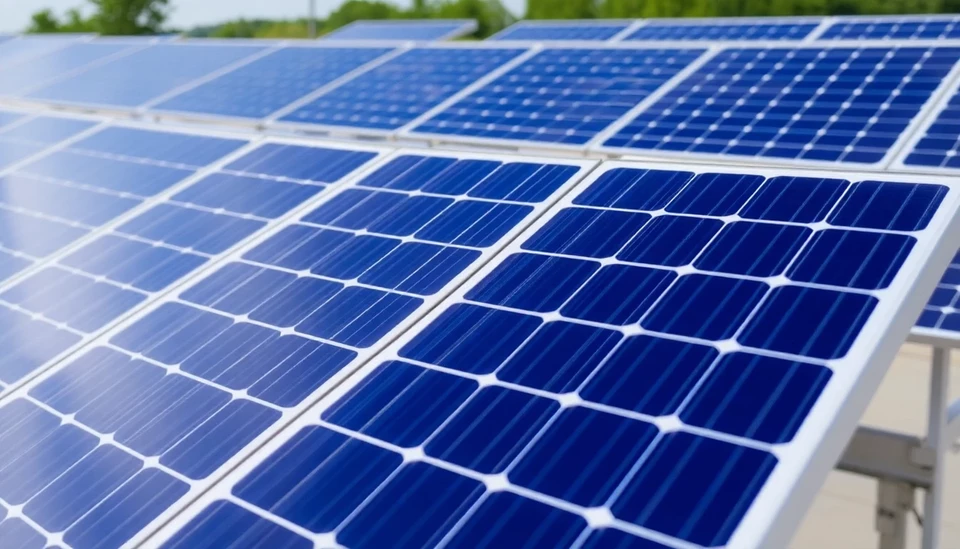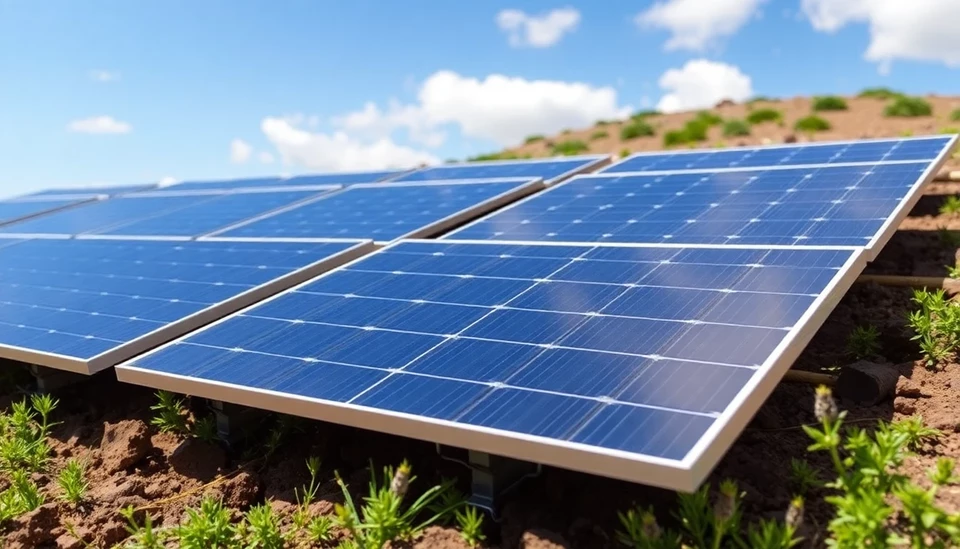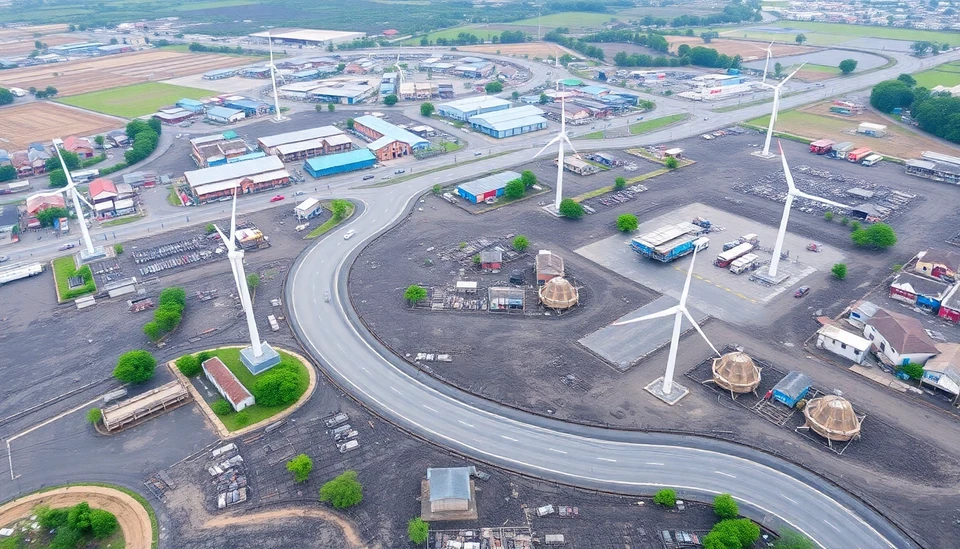
The potential repeal of the Inflation Reduction Act (IRA) is generating significant concern among industry leaders, particularly in the renewable energy sector. The CEO of a major solar manufacturing company has warned that such a legislative change could have dire consequences for the US economy, particularly in the renewable energy landscape.
According to statements made by the CEO, the IRA has played a pivotal role in fostering growth within the solar industry, serving not only as a stimulus for investment but also as a crucial factor in job creation. The act included various incentives aimed at increasing the adoption of renewable energy technologies, which in turn has led to substantial growth in solar manufacturing and installation.
These incentives have propelled the United States toward a greener energy future, positioning the country as a leader in solar technology. The CEO emphasized that without the IRA, the momentum gained over the past few years could stall, resulting in a slowdown of renewable energy projects and adversely affecting technological advancements in solar power.
Furthermore, the CEO highlighted that the manufacturing sector specifically could face significant setbacks. The IRA has encouraged companies to invest in domestic production capabilities, fostering a competitive edge for American firms in a global market. Losing these incentives could reverse this trend, leading to job losses and a decrease in the industry’s contribution to the economy.
The CEO also expressed concerns about the broader implications for energy independence if the IRA is repealed. A strong domestic renewable energy sector contributes to national security by reducing reliance on foreign energy supplies. A repeal could potentially hinder progress in achieving energy self-sufficiency.
In the context of ongoing discussions in Congress and the heated political atmosphere surrounding the future of the IRA, the message from the solar sector is clear. Industry leaders are advocating for the preservation of incentives that support renewable energy initiatives, arguing that their collapse would not only affect the green energy transition but would also have long-lasting effects on the overall economic health of the country.
As these discussions unfold, it remains to be seen what steps lawmakers will take regarding the IRA, but the warnings from key industry figures serve as a reminder of the interconnectedness of policy decisions and economic stability.
In conclusion, the potential repeal of the IRA looms large on the horizon, with significant implications for the solar industry and the US economy as a whole. If the IRA is to be repealed, the repercussions could ripple through various sectors, provoking a slowdown in innovation, investment, and ultimately, job creation in the green energy sector.
As the debate continues, stakeholders across the renewable energy landscape will be watching closely, hoping for policies that will sustain the progress made thus far—both in terms of environmental efforts and economic growth.
#SolarEnergy #InflationReductionAct #RenewableEnergy #USEconomy #CleanEnergy #ClimateChange #Sustainability #JobCreation #EnergyIndependence
Author: Megan Clarke




